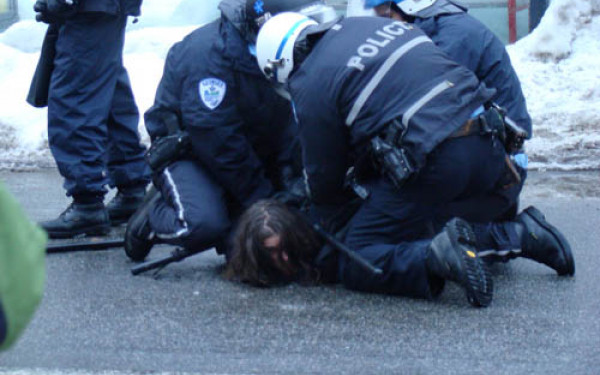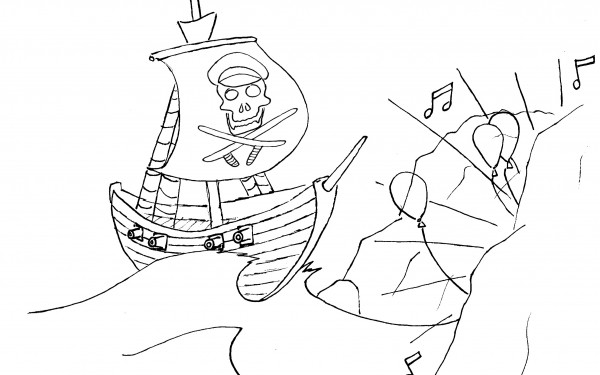Editorial: More Than a Climate Summit
The Mistreatment of Alaa Abd-el Fattah
The Egyptian government has a very long history of human rights violations, as the way its current military regime handles free speech is unjust and horrifying. It isn’t rare for the average Egyptian citizen to suddenly disappear because they dared to criticize those in power, post a political cartoon or speak negatively of the army.
Thousands of citizens are tortured and left to rot in prison because they expressed political opinions. Recently, great concern has been raised for the wellbeing of Egyptian-British activist Alaa Abd el-Fattah, who emerged as a prominent and leading activist during Egypt's revolution in 2011. He spoke of the country’s need for democracy and freedom, and as a result, spent a large part of his life in and out of prison.
After Egypt’s current dictator Abdel Fattah El Sisi’s rise to power in 2014, Abd el-Fattah was sentenced to five years in prison for violating protest laws. He was released on probation in 2019, and within six months, he was arrested and sentenced to five years in prison. This time, he was accused of spreading misinformation after shedding light on the cruelties of the Egyptian police and justice system.
Since then Abd el-Fattah has been on a hunger strike. In light of the 27th Conference of the Parties, he recently informed his family he has stopped drinking water in hopes of raising international concern for his current condition and that of his country.
This year’s COP 27 is taking place in Sharm El Sheikh, a city on the coast of the Red Sea in Egypt. As important as the contents and goals of the convention are, its presence on Egyptian soil is problematic for several reasons that most people are unfortunately unaware of.
COP 27, organized by the United Nations Framework Convention on Climate Change, brings 195 countries together annually. The goal of the convention is to limit the global temperature increase to 1.5 degrees Celsius and deliver on the commitments set in place during the 2016 Paris Agreement.
Climate change has become one of the most prevalent and most internationally neglected issues affecting foreseeable generations. It affects everything from politics to the moral and ethical weight of using a plastic straw. Yet, here we are watching yet another climate conference from a distance, wondering when any of these people in positions of power will keep their promises.
It’s disappointing to see how many nations, Canada included, are allowing a country dripping in human rights violations to host such an important and internationally prominent convention. How can these leaders preach for the importance of maintaining the well being of mankind when they stand on soil tainted with the blood of its own people? How can they call for action and support protests in a land where freedom of speech is considered treason? How can they shine light and provide a platform to a country that silences innovators, tortures activists and allows the rape of women with no remorse?
Canada should not be extending its arms and showing support to the Egyptian government in this situation, it prompts the questioning of who we choose to celebrate and give a platform to.


_600_832_s.png)




